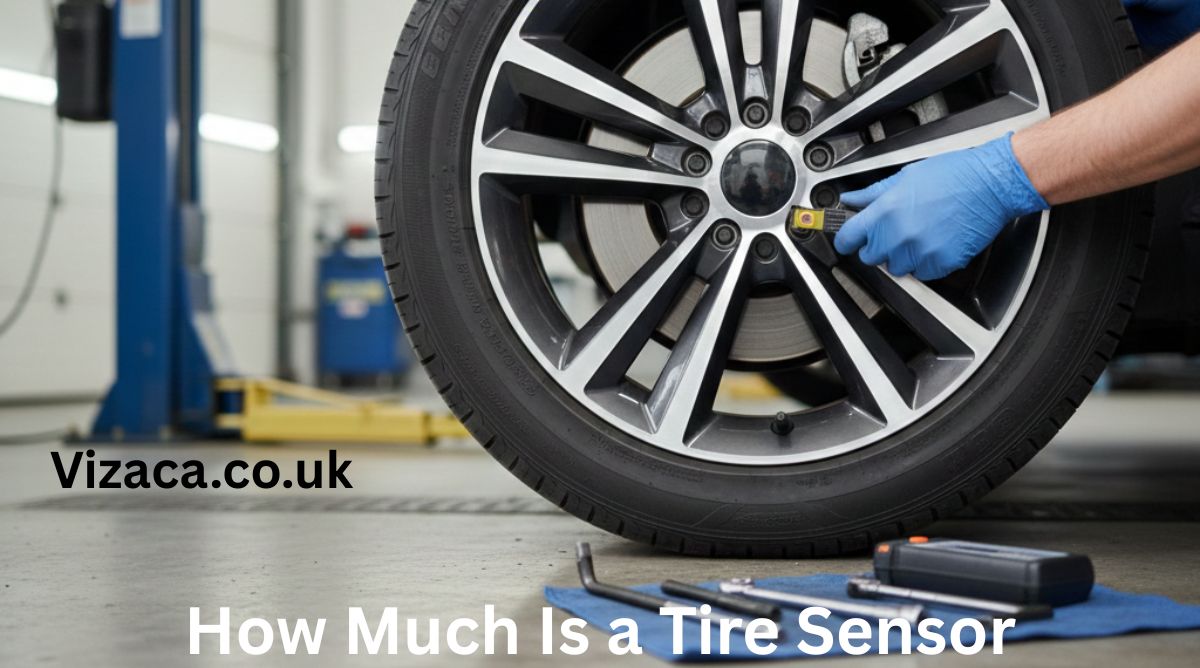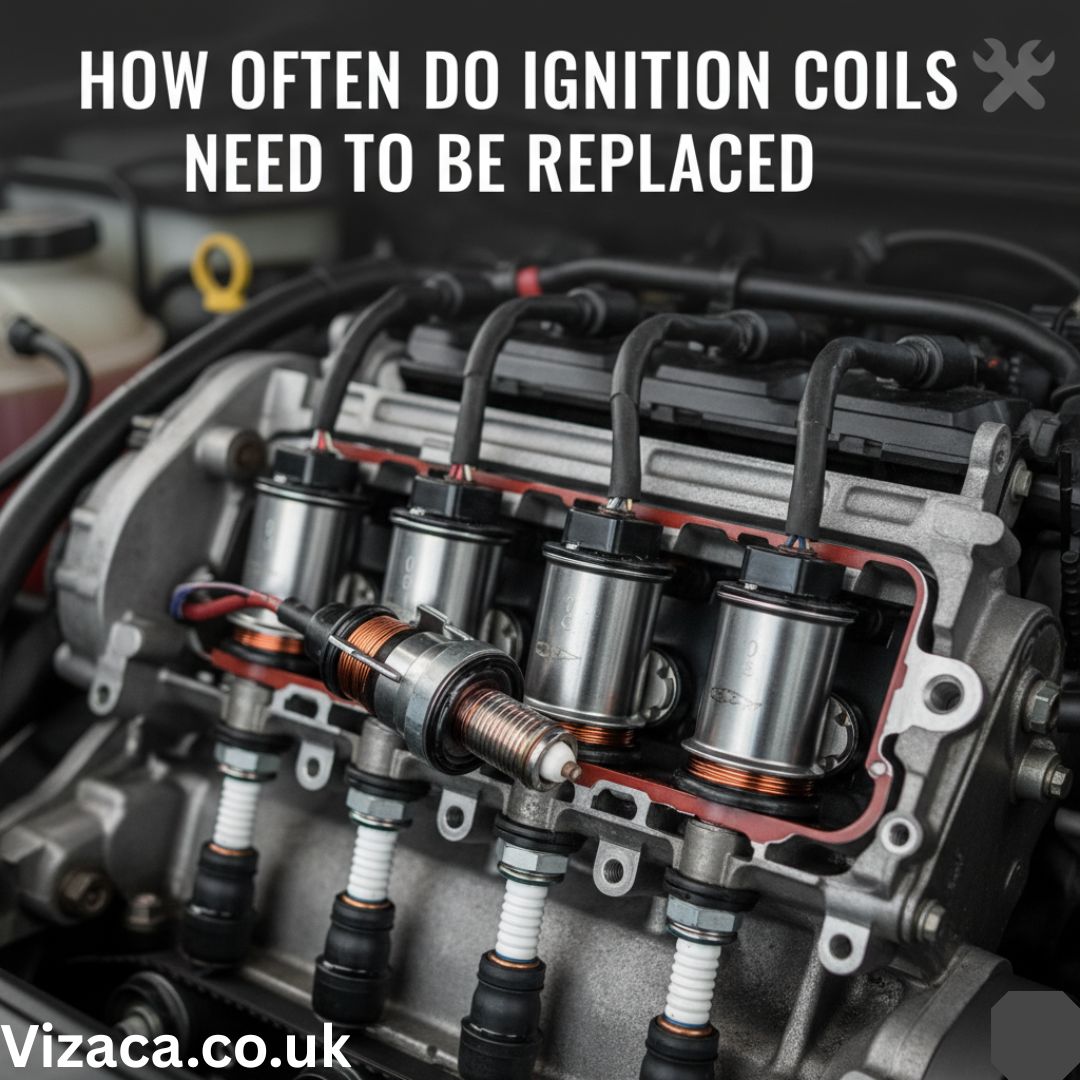Yes, using your car’s air conditioner does use gas—if you’re driving a gasoline-powered vehicle.
That’s because the AC system is powered by a compressor that runs off the engine, and the engine burns fuel to keep everything running.
How the AC Uses Gas
When you turn on your AC:
- The AC compressor kicks in and draws power from the engine via a drive belt
- This puts a slight extra load on the engine, causing it to burn more fuel
- The result: lower miles per gallon (MPG)
How Much Gas Does It Use?
While it varies by vehicle and conditions:
- The AC can reduce fuel economy by 5% to 10%
- That could mean 1–3 fewer MPG
- Idling with AC on can use about 0.2–0.5 gallons of gas per hour
It’s more noticeable in:
- City driving or stop-and-go traffic
- Small engines, where the compressor’s load is a bigger deal
What About Hybrids and EVs?
- Hybrids: May run the AC on battery power at low speeds, using less or no gas
- Electric Vehicles (EVs): AC uses battery power, not gasoline—but it can reduce driving range
Tips to Minimize Fuel Use with AC
- Use recirculate mode to cool the cabin more efficiently
- Turn off AC when not needed
- Open windows at low speeds instead (but not on the highway)
- Park in the shade to reduce cabin heat buildup
Final Thoughts
Yes, using the air conditioner uses gas—but for most drivers, it’s a small trade-off for staying comfortable. If you’re trying to maximize fuel economy, use your AC wisely and combine it with good driving habits to get the most out of every tank.









